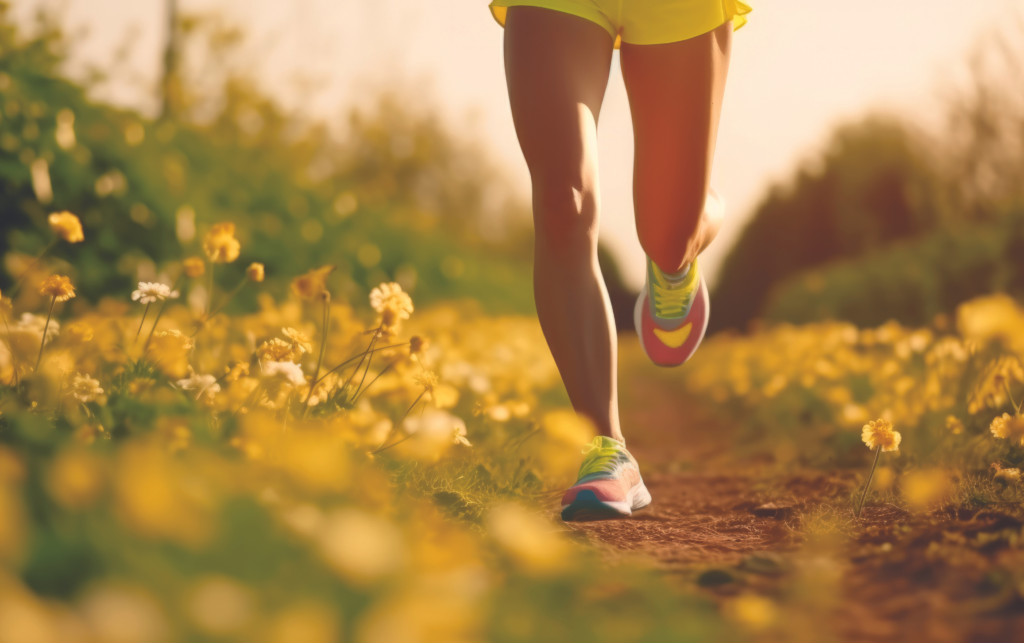Many of us are on one end of the spectrum or the other – you either bounce up out of bed with the enthusiasm of a puppy, or you lay in the comfort of your bed sheets until you can will yourself to put one foot in front of the other. Depending on age, you’re more likely to be one or the other, however the opinions of people seems to be fairly divided.
Despite personal preference and what you consider to give you the “best results,” however, research shows that “morning people” are morepositive, persistent, and cooperative by nature. One study from the Northwestern University Feinberg School of Medicine even found that those who expose themselves to more sunlight earlier in the day had a significantly lower BMI than those who received the majority of their light exposure later on. In addition, it has been found to be true that those who stay up later tend to eat more calories in the evening and consume fewer fruits and vegetables than their early-riser counterparts. In all, morning people tend to lead happier lives, statistically.
Contrary to popular belief, whether you’re a morning person or a night owl doesn’t have as much to do with inclination as it does your biology. The circadian clock is the manager of your circadian rhythm, which is a cycle that tells us when to sleep, eat, rise, and things of that nature. Our circadian rhythms are determined by both genetics and external factors, like light, which regulate feelings of sleepiness and wakefulness throughout the period of a day. Because we have this naturally-programmed schedule, people are classified as “early risers” and “night owls” in relation to the average hours of functionality, and, when they have their patterns disrupted, can become ill-tempered and less productive. This exact process is responsible for the feeling of “jet lag” when traveling, as your body becomes thrown-off by irregular levels of sunlight and shifted meal times. In a sense, “early risers” are lucky, being that their sleep/wake times place their peak operational hours at the most societally and socially beneficial.
Though your circadian clock is impacted by things such as genetics and age, it’s not impossible to reset your rhythm to match your desired schedule. Follow these guidelines to figure out how to turn yourself from a night owl into an early riser:
1. Adjust your bedtime
Reverting back to a bedtime as if you were still a school-aged child may seem like a drag, but it’s necessary for setting a natural sleep/wake time. When we fall asleep at irregular hours, our bodies are not only impacted by lack of sleep, but become disoriented because of their inability to predict a proper time to shut down. By adjusting your bedtime to give you the recommended amount of sleep for peak functionality, (6-8 hours for adults) you’re enabling yourself ample time to recharge and therefore eliminating morning sluggishness.
2. Refrain from napping
As hard as it may be to resist a mid-day or even post-work nap, it is crucial to do so in order to keep your internal clock on track. While napping is, in some cases, considered beneficial, excessive napping can skew evening tiredness and make it harder to fall asleep when it is necessary to do so.
3. Expose yourself to light at the proper hours
Due to technology and internal lighting of the home, our bodies are frequently tricked into thinking it is in the presence of daylight when it may actually be late in the evening. Consider your sleep/wake goals and adjust light exposure accordingly – if you want to wake at a certain time, expose yourself to light by turning on your bedroom lights or exposing yourself to natural sunlight. When it is near time to be put to rest, dim the lights accordingly. If you are unable to separate yourself from technology, consider turning down the brightness or switching to the “night mode” many apps offer in their settings to minimize the effects of the screen brightness.
4. Avoid vigorous physical activity late in the day
When we exercise, our adrenaline spikes and brain activity increases, making it harder to relax and fall asleep. If you are going to exercise, give yourself sufficient time to re-balance body temperature and allow your heart rate to return to its resting rate.
5. Don’t skip breakfast!
You’d be shocked to find out how many adults skip the “most important meal of the day”. Eating breakfast is known to reduce morning irritability and daytime stress by providing plenty of vitamins and nutrients for proper functionality. When you eat breakfast, you’re giving your body enough power to make it through the day without any crashes, thus increasing mood and productivity, and minimizing early fatigue.







